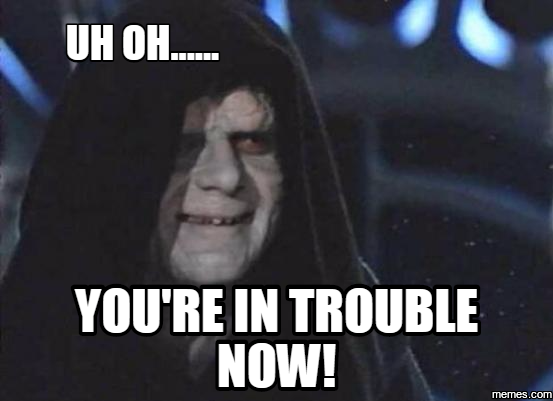Hi folks,
Last week I talked about how my battle against the leaves in my yard allows me to listen to some audio books. I just wrapped up McCullough’s 1776, which feels seasonally appropriate given that, in 1776, Washington finished the year with a spectacular victory at Trenton.

But before he enjoyed the victory at Trenton, he suffered a series of defeats at the hands of the British. Perhaps the most confounding in retrospect is the defeat at Fort Washington just weeks earlier in November of 1776.
Fort Washington and its twin Fort Lee were built by the Americans in the summer of 1776 to help prevent the insanely huge and powerful British fleet from sailing up the Hudson and outflanking the Americans. The forts were well built and the Americans were confident they would serve the purpose. They stocked the forts with men, weapons, and supplies and waited for their opportunity to prove their effectiveness.
On October 9th, that chance came. Three British warships sailed up the Hudson and, to the Americans’ dismay, passed right by the forts with minimal damage.

The forts had been proven ineffective at their mission to secure the Hudson. Yet Washington and his leadership continued to maintain the forts, leaving thousands of men there even though Washington himself wondered aloud about the wisdom of doing so:
If we cannot prevent vessels passing up [the Hudson], and the enemy are possessed of the surrounding country, what valuable purpose can it answer to attempt to hold such a post from which the expected benefit cannot be had. I am therefore inclined to think it will not be prudent to hazard the men and stores.
And he was right. On November 16, British forces overran the fort. The Americans suffered 3,000 casualties and lost numerous valuable supplies. It was a devastating, unnecessary defeat that nearly cost us the war. Washington and his leadership failed to act on changes in their underlying assumptions.
Hundreds of years later, Victor Frankl would say this about this about stimulus and response:

Frankl is cautioning people against reacting without thinking, but the converse is just a dangerous – failing to react. In Washington’s case, he knew that the forts had been proven ineffective and he recognized the risk of continuing to maintain them, but he failed to change course.
It’s often easier for us to maintain our current course even as the world around us changes. But by doing so we risk finding ourselves in a situation like Washington – doing things that are no longer relevant to the environment in which we live. In dynamic fields like IT security, this is particularly true. Some hypothetical examples:
- Why do some organizations still require 13 character complex passwords when they’ve implemented two factor authentication and have accounts lockout after 5 failed attempts?
- Why does some technology only look for data exfil over port 80 and 21 when they know attackers now use 53 and others?
As the conditions surrounding a decision change, it makes sense to reexamine that decision. Sometimes it will still make sense to continue with the current course of action. But sometimes what we’re doing simply no longer makes sense, and we put ourselves at risk by refusing to change.
So while Washington was a role model in many ways, we also have the opportunity to learn from his mistakes. We should question assumptions and decisions when we get new information and then we should change as necessary. Otherwise we risk being outflanked by the British and thrown on a prison ship with a 33% chance of survival… or maybe we risk finding ourselves following outdated practices. Either or.
Rex